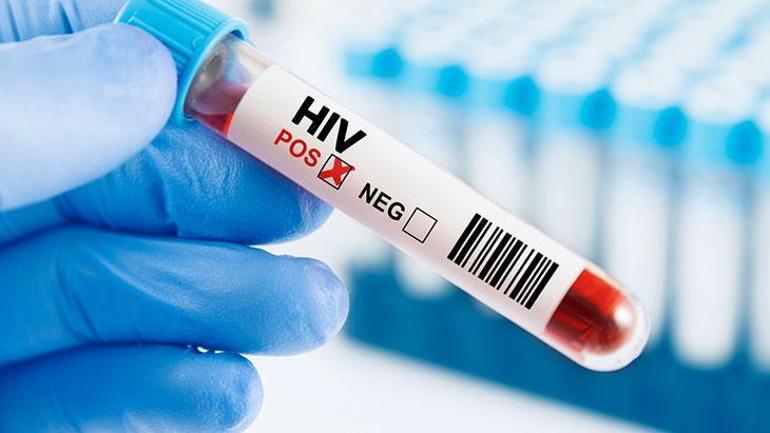Silent epidemic! More than 1 million people are infected every day: It doesn't show any symptoms

You should not start having sexual intercourse without having a scan.
More than 1 million treatable sexually transmitted infections (STDs) are transmitted daily among individuals aged 15-49 worldwide, and most of these infections are asymptomatic. Experts warn that many people can transmit an STI to their partners without realizing they have it and emphasize the importance of not engaging in sexual intercourse without being screened. Urology Specialist Prof. Dr. Saadettin Eskiçorapçı emphasizes the importance of suspicion, regular checkups, taking the right precautions, and, most importantly, discussing sexuality.
The unspoken danger : Sexually transmitted infections
Eskiçorapçı emphasizes that in the region where we grew up, masculinity derives its power from sexuality, and that therefore, not discussing sexuality is considered a taboo in our country. He says that the silent epidemic of sexual infections has transcended geography and has affected the entire world: “Is geography destiny? Yes. Geography is somewhat destiny in matters of sexuality and gender. But the issue is more serious. According to World Health Organization data, every day, more than 1 million sexually active individuals (aged 15-49) worldwide contract a sexually transmitted infection. This translates to approximately 400 million infections per year! While some of these diseases, like gonorrhea and chlamydia, are completely treatable, others, like HIV or AIDS, are still not completely treatable; they can only be controlled.”

Syphilis again after years
Professor Dr. Saadettin Eskiçorapçı, a urologist with 28 years of experience, stated that he hadn't encountered many cases of syphilis until recently . "There's been a staggering rise in syphilis in recent years," he said. "Not only in Turkey, but globally, there's been a 7-8-fold increase in the last 10 years. Syphilis insidiously progresses to internal organs, causing irreparable damage months or even years after causing any symptoms. Viruses like HPV, HIV, and Hepatitis, which can lead to much more serious consequences, also have a high prevalence rate. While vaccines exist for Hepatitis and HPV, there's still no vaccine for HIV, or AIDS. While AIDS cases are on the rise in Turkey, the annual number of cases worldwide exceeds 200 million." Eskiçorapçı noted that the most common sexually transmitted infections in Turkey include various types of gonorrhea, adding, "Classic gonorrhea, along with newer variants like chlamydia and mycoplasma, is still prevalent. Genital herpes, also known as HSV, is also quite common. HSV is the second most common sexually transmitted infection in the United States and Turkey."
One of the most effective methods: Condoms
Professor Dr. Eskiçorapçı emphasizes that condoms are the most basic and effective method for protecting against sexually transmitted infections: “If you look at the World Health Organization (WHO) website, you'll see that, as all experts recommend, condoms are the most important method for protecting against sexually transmitted infections. As a very simple and effective method, they prevent the transmission of approximately 90% of infections. Therefore, they are the number one method of protection against sexually transmitted infections.”

"Love First Comes Through Protection"
Eskiçorapçı emphasizes that it's a major misconception that condoms are still seen solely as a birth control method, and continues: "Unfortunately, the majority of people, almost more than 50%, don't even realize that condoms protect against sexually transmitted infections. They're perceived as if they're a method used solely to prevent unwanted pregnancies. This is completely wrong. The key point is that they prevent you from transmitting diseases you might unknowingly be carrying to your partner. This is even more critical when you're planning to have children. A disease you unknowingly transmit to your partner can be passed directly to your child. This can lead to very serious problems like congenital anomalies, miscarriages, premature births, and even some eye diseases. So, in essence, you're protecting not only your partner but also your unborn child. My approach to condom use, my perspective on protection, is more love-oriented."
milliyet





